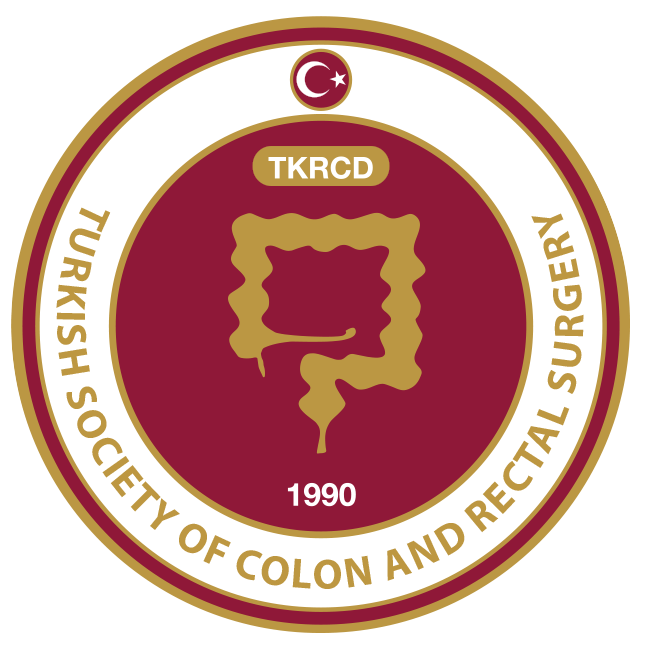ABSTRACT
Colorectal cancer is the third most common cancer diagnosed in the word. While the incidence and the mortality rate of colorectal cancer has decreased due to effective cancer screening measures, gastric or duodenal invasion by locally advanced right colon cancer is an unusual event, the management of which represents a surgical challenge. We aim to share our experience of treating patients with locally advanced, right-sided colon cancer that directly invaded the duodenum, gastric body and gallbladder. The lesions were safely resected laparoscopically for mesocolic dissection. The treatment was curative (R0) with minimum morbidity and mortality. High ligation of blood vessels at the D3 level and complete mesocoloic excision (CME) are both critical when operating right colon cancer. This laparoscopic approach, which normally requires extreme care, became even more challenging in locally advanced tumors. This video presentation illustrates total laparoscopic right hemicolectomy with D3 lymph node dissection and CME, cholecystectomy, and gastric and duodenum wedge resection. Reconstruction was performed with a Roux-en-Y gastroenterostomy and ileotransversostomy from the region of the resection, with tissue preservation. We wanted to show how the difficulties encountered during the operation are managed, as it is not possible to predict local advanced tumor preoperatively by physical examination. In conclusion, in selected patients, advanced laparoscopic surgery with appropriately trained and experienced staff in appropriate centers may be a solution for locally advanced tumors without compromising oncological principles.
Description
Colorectal cancers continue to be an important global cause of morbidity and mortality, despite all the advances in treatment approaches. Currently, radical surgery is the only known curative treatment option. The positive effects of the Complete Mesocolic Excision (CME) with right hemicolectomy technique on survival and local recurrence rates are indisputable.1,2 Hohenberger et al.1 showed the effect of CME on 5-year survival increased from 82.1% to 89.1%. Thus, high ligation of blood vessels at the D3 level and CME are two critical features of the treatment of ascendant colon cancer.1 This laparoscopic approach, which normally requires extreme care, becomes even more challenging in locally advanced tumors.3
Surgical resection of tumors without local advancement is known to result in a lower morbidity and mortality than locally advanced colon tumors. However, the benefit of extensive surgery cannot be underestimated in the case of locally advanced tumors. Extensive surgery with careful lymph node dissection (LND) based on a no-touch isolation technique remains the gold standard.4 Here, we present a 68-year-old man with a locally advanced hepatic flexure tumor. Physical examination was uninformative. Colonoscopy revealed near total obstruction at the hepatic flexure. Computed tomography showed an irregular wall at the hepatic flexure. Radiology did not suggest invasion of adjacent organs. Postoperative pathological result was pT4b pN0 (0/21) M0 (phaseII C, AJCC). This video presentation illustrates total laparoscopic right hemicolectomy with D3 LND and CME, cholecystectomy and gastric and duodenum wedge resection. Reconstruction was performed with a Roux-en-Y gastro-enterostomy and ileotransversostomy from the region of the resection, with tissue preservation. In this video we wanted to show how the difficulties encountered during the operation are managed, as it is not possible to predict local advanced tumor preoperatively by physical examination.
The benefit of extensive surgery is greater in the case of stage II tumors. In other word, the overall survival time of patients with these tumors is significantly higher than patients with more conservative surgery. In conclusion, in selected patients, advanced laparoscopic surgery performed by appropriately trained (e.g Lap Co training) and experienced staff in a center with sufficient patient numbers may be successful in the treatment of locally advanced tumors without compromising oncological principles.



